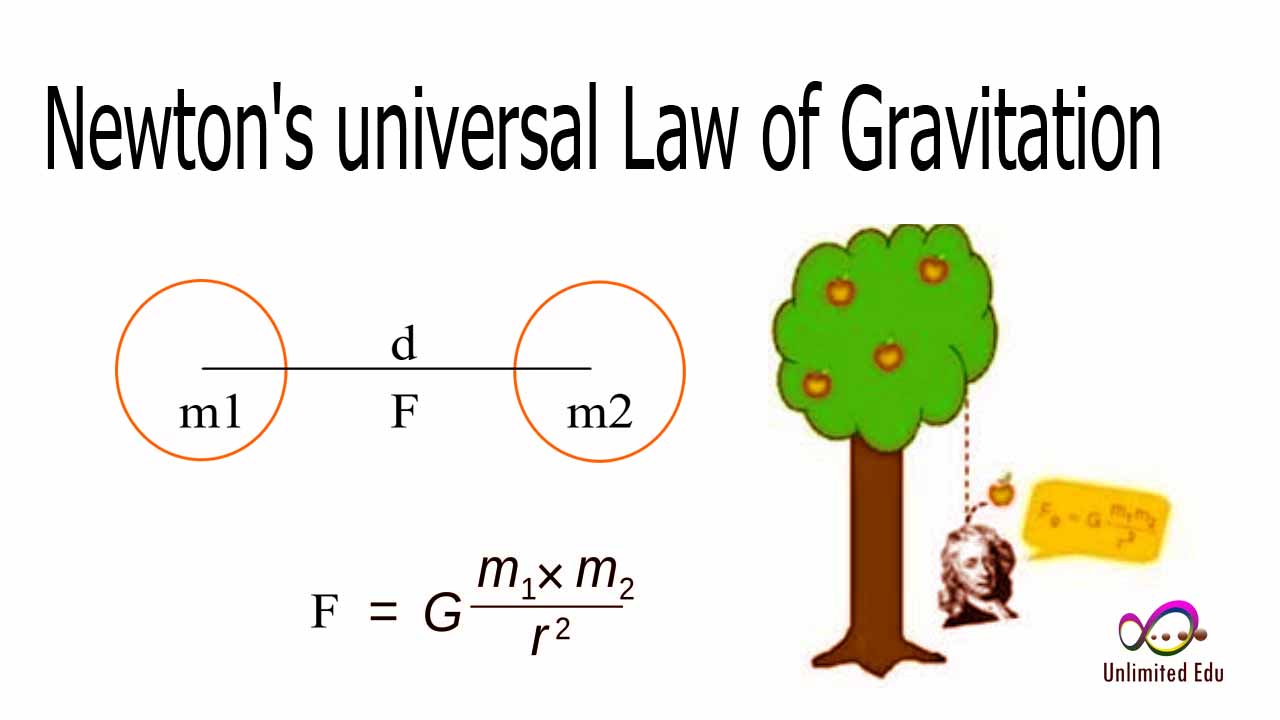In our dynamic world, the concept of objects and decreasing the distance between the objects is a fundamental aspect of various fields, including physics, technology, and even social interactions. Understanding how objects interact with each other and the significance of their spatial relationships can provide profound insights into everything from scientific phenomena to human behavior. As we delve into this subject, we will explore how the proximity of objects influences their characteristics and the implications of this for our daily lives.
Every object, whether physical or abstract, exists within a certain space. The distance between these objects can drastically alter their interactions and the forces at play. In physics, for example, gravitational forces are impacted by the distance between two masses, while in technology, the efficiency of wireless communications can be affected by how close devices are to each other. In essence, the relationship between objects and the distance that separates them can shape our understanding of the universe.
As we further dissect the idea of objects and decreasing the distance between the objects, we will find that this concept is not limited to scientific examination. It extends into the realms of art, psychology, and sociology, where the relationships and distances between people or ideas can lead to profound changes in perception and experience. Let's embark on this journey of exploration and see how decreasing distances can create new opportunities and challenges in various contexts.
What Are Objects in Our Universe?
To understand the relationship between objects and their distances, we must first define what we mean by "objects." In general terms, an object can be anything that occupies space and has mass. This includes:
- Physical items like trees, buildings, and cars.
- Celestial bodies such as planets, stars, and galaxies.
- Abstract entities like ideas, emotions, and social constructs.
How Does Distance Affect Interactions Between Objects?
The distance between objects plays a crucial role in determining how they interact. For instance, consider the following:
- In physics, the gravitational force between two objects is inversely proportional to the square of the distance between them.
- In technology, the strength of a Wi-Fi signal diminishes with distance, affecting connectivity.
- In social settings, the physical distance between individuals can influence communication and relationships.
What Are the Effects of Decreasing Distance Between Objects?
Decreasing the distance between objects can lead to various effects, such as:
- Enhanced gravitational attraction in physical contexts.
- Improved signal quality in technological environments.
- Stronger emotional connections in personal relationships.
Can Decreasing Distance Lead to Conflicts?
While decreasing distance often fosters greater connection, it can also lead to conflicts. For example:
- In social settings, close proximity can lead to misunderstandings and disputes.
- In environmental contexts, the encroachment of urban areas on wildlife habitats can spark conflicts between humans and nature.
How Do Different Fields Interpret Distance Between Objects?
Various fields interpret the concept of distance in unique ways. For instance:
- In physics, distance is a measurable quantity that affects forces.
- In sociology, distance can refer to social dynamics and cultural differences.
- In art, distance may signify emotional or thematic separation between elements.
What Are Some Real-World Examples of Decreasing Distance Between Objects?
Real-world examples of decreasing distance include:
- The development of technology that connects people globally, such as social media.
- Urban planning that brings amenities closer to residential areas.
- Efforts to reduce environmental impact by creating green spaces within urban settings.
Conclusion: The Significance of Objects and Decreasing the Distance Between the Objects
In conclusion, the relationship between objects and decreasing the distance between the objects is a multifaceted concept that extends across various domains. Whether in the realm of science, technology, or social interactions, the impacts of proximity cannot be overlooked. Understanding this relationship allows us to appreciate the complexities of our world and to navigate our interactions with greater awareness. As we continue to explore this theme, we can look forward to discovering new insights and applications that arise from the dynamic interplay of objects and their distances.


